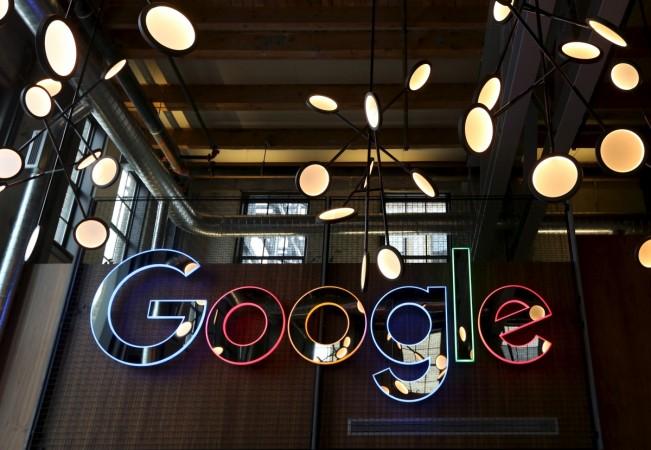
In an effort to lend a helping hand, Google has announced it will provide the United Nations Children's Emergency Fund (UNICEF) a $1-million grant to help its efforts on the ground.
"Our $1 million grant will be used by UNICEF to raise widespread awareness, reduce mosquito populations, support the development of diagnostics and vaccines, and work with communities and governments to prevent Zika transmission, (sic)" Jacquelline Fuller, Director, Google.org, said in an official blog post. The organisation expects to reach 200 million affected or vulnerable people in Brazil and throughout Latin America with these efforts.
A volunteer team of Google engineers, designers, and data scientists are also helping UNICEF build a platform to process data from different sources (i.e., weather and travel patterns) in order to visualise potential outbreaks, the post said.
Google has also launched a matching campaign for its employees, aimed at providing an additional $500,000 to UNICEF and the Pan American Health Organisation (PAHO) to support their work on the ground.
To raise awareness, Google has added extensive information about Zika, which contains an overview of the virus, its symptoms and Public Health Alerts, globally in 16 languages. It has already included information for more than 900 health conditions on its Search for people in the US. "We're also working with popular YouTube creators across Latin America, including Sesame Street and Brazilian physician Drauzio Varella, to raise awareness about Zika prevention via their channels," it said.
The company has seen a more than 3,000 percent increase in global search interest in Zika since November 2015.

















